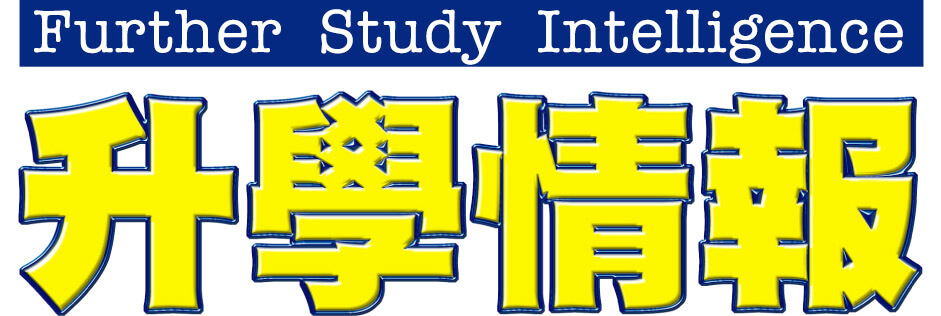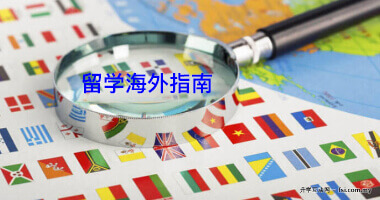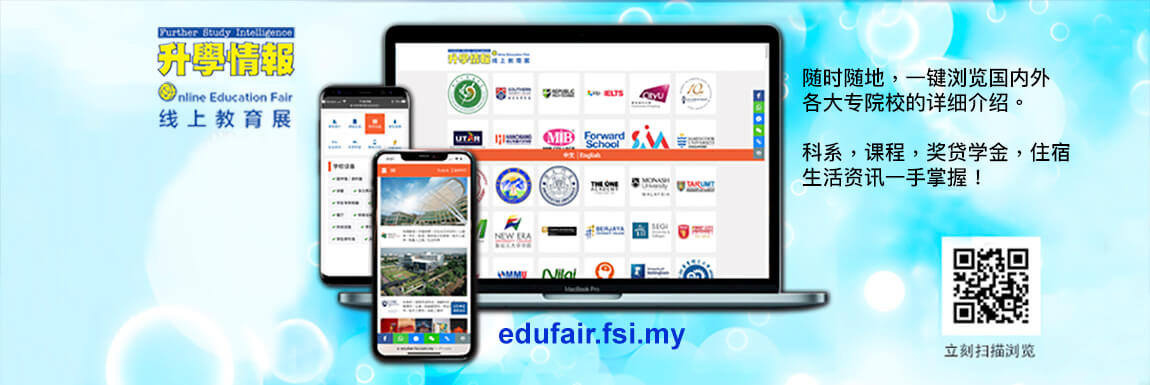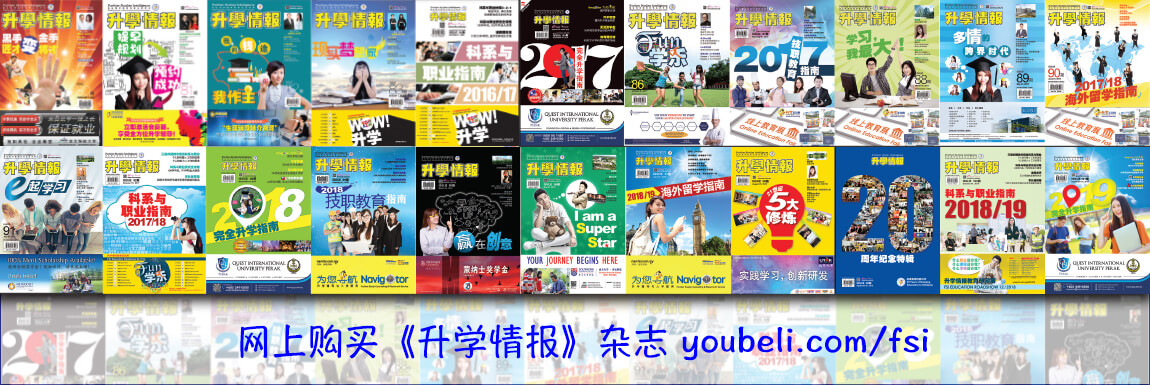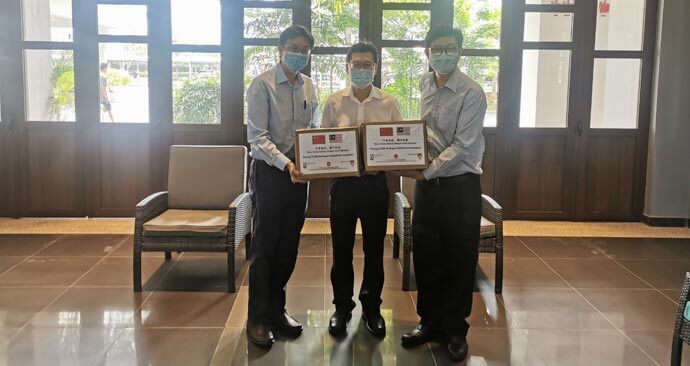With the aim to educate the students and staff about media literacy in Malaysia and the importance of learning to comb through the gamut of information available online, The Social Trends and Culture Cluster parked under the Tun Tan Cheng Lock Centre of Social and Policy Studies organised a scholastic lecture titled “The Era of Post-Truth: The Importance of Media Literacy in Malaysia” at Kampar Campus on 31 March 2017.
Delivered by Prof Dr Mohammed Zin bin Nordin from the Department of Malay Language and Literature and the Faculty of Languages and Communication of Universiti Pendidikan Sultan Idris (UPSI), the two-hour talk served as a strategic platform for individuals to understand the concept of media literacy and its significance in our daily lives.
The lecture was divided into six major components, namely digital culture and abundance, era of post-truth, cyber crimes, media literacy, media literacy research in Malaysia, and media literacy in schools. The lecture was very significant in the aspects of its practicality to both academics and students who are living in the era of where media, particularly Internet becomes so prominent.
Prof Zin defined, “Media literacy is the ability to access, analyse, evaluate and create media in a variety of forms – from print to video to the Internet. Media literacy builds an understanding of the role of media in society as well as essential skills of inquiry and self-expression necessary for citizens of a democracy. However, the definitions of media literacy evolve over time and a more robust definition is now needed to situate media literacy in the context of its importance for the education of researchers and students in a 21st century media culture.
He said, “Media literacy is becoming a major issue at a time when the media are making their presence felt as an essential component of our contemporary societies. The use of media technologies does not necessarily mean that users are media literate and competent. In this digital era, media literacy is crucial for achieving critical and creative thinking as well as active citizenry. Parents, schools and policy makers need to come together and address the needs of children, provide support and grant platforms for children to air their hopes, fears and wishes to learn to use new media productively.”

Prof Zin explaining the definition of the era of post-truth and media literacy .
Prof Zin explained, “As we are all aware, the Internet is widely used in vast areas and for multiple purposes including education. Despite being so important to us, most of us are unaware of how literate and illiterate we are when it comes to posting or sharing any news or information on the Internet. To the extreme, we keep posting information such as photos that could put ourselves and people we love in danger.”
Faculty of Arts and Social Science’s Department of Public Relations Lecturer-cum-Organising Chairperson Rafidah binti Abdul Razak said, “This lecture is indeed a good platform for academics and students to learn and expand their knowledge and understanding about media literacy and its importance. The talk gives an opportunity for academics to further their research in the area of media literacy which has become as one of the most important topics to be discussed in the era of digital. Apart from that, the talk also paved ways for the academics and students to learn about the issues that are related to media literacy and the risks that might incur from the use of Internet with zero media literacy. It was really a good slot of discussion and I am glad to be part of the talk which has exposed the students, educators and researchers to current research and issues in the area of media literacy.”
Prof Zin specialises in the field of corporate communication in international relations and his research interest focuses on communication and energy issues, communication and the environment, communication and information campaign, computer-mediated communication and organisational communication. The topic of his recent research is “Media Literacy” Cultivating Productive Practices among Young People in Malaysia”.
Participants were actively engaged in the lecture as he provided relevant information and examples based on real life situations. The lecture concluded with a Q&A session whereby academics and students posed their questions to Prof Zin. Apart from an interactive Q&A session, the lecture ended with some interaction and sharing amongst the academics.
拉曼大学 Universiti Tunku Abdul Rahman
http://www.fsi.com.my/会员专区/college-profile/?sponsor_id=168
http://www.fsi.com.my/utar
